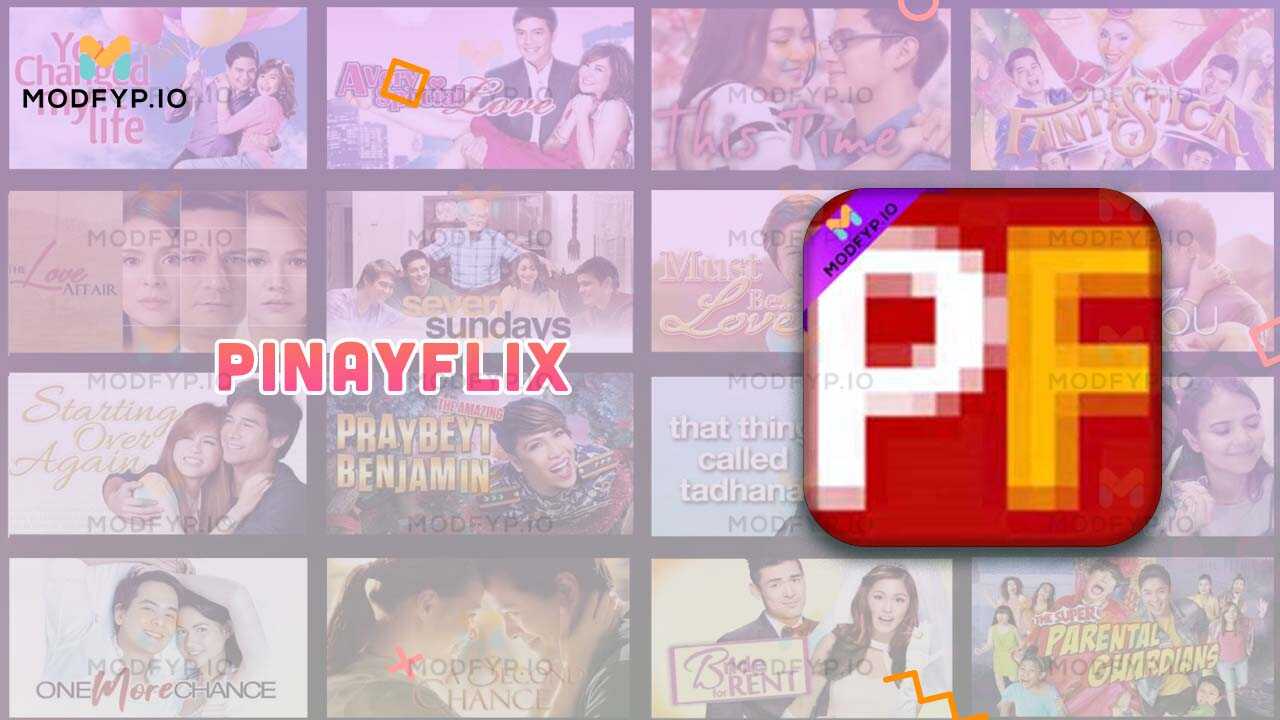Discover: Pinayflix - Trending Sex Videos & Scandals
Is the digital landscape becoming a breeding ground for exploitative content, or is it merely reflecting a societal shift in openness and access? The proliferation of platforms offering explicit material, particularly those targeting specific demographics, raises serious questions about ethics, consent, and the potential for harm, while also highlighting the evolving nature of online entertainment and the blurred lines between artistic expression and exploitation.
The internet, a vast and often untamed wilderness, has become a haven for content of all kinds. Within this digital domain, the adult entertainment industry has carved out a significant presence, with a seemingly endless supply of videos and imagery available at the click of a button. This includes a specific niche content featuring Filipino women, often promoted through sites and platforms with names like "Pinayflix," "Pinaypornsite," and others, all vying for attention in a crowded market.
These platforms often boast of offering "free" access to a variety of content, including "pinay sex scandals," "pinay sex videos," "amateur clips," and "premium porn videos." The emphasis on accessibility and the sheer volume of material available raises critical questions about the origins of this content, the consent of the individuals involved, and the potential for exploitation.
The presence of such platforms necessitates a deeper examination of several critical issues. The concept of consent, which is paramount, must be scrutinized. Are the individuals featured in these videos willingly participating, or are they being coerced or exploited? The line between consensual adult entertainment and non-consensual exploitation can be incredibly thin, particularly when dealing with vulnerable populations. Concerns about the long-term psychological impact of such content on both the performers and the viewers are also valid. The normalization of explicit acts, especially when framed within a context of exploitation, has the potential to warp perceptions of intimacy, relationships, and personal boundaries.
Furthermore, the use of such platforms and the consumption of this content raises crucial questions concerning the commodification of women. By reducing individuals to mere objects of sexual gratification, these platforms contribute to a culture that devalues women, reinforces harmful stereotypes, and undermines their dignity. This is particularly concerning in the context of the Philippines, a country with a rich cultural heritage, where the objectification of women can contribute to broader social issues, including domestic violence and gender inequality.
The ease with which this content is accessed also poses challenges. While some platforms might claim to employ age verification measures, these are often inadequate, leaving children and adolescents vulnerable to exposure. The long-term effects of exposure to explicit content on young people are well-documented, including the potential for distorted views of sexuality, the desensitization to violence, and the normalization of risky behaviors. This is an especially concerning development, which needs immediate attention from authorities.
The language used to promote these platforms, often employing sensationalist and demeaning terms, further contributes to the problem. The constant barrage of phrases such as "pinay scandal," "horny sex video scandals," and the like creates an environment of objectification, where the focus is on the titillation of the viewer rather than the well-being of the individuals involved. This type of advertising fuels the demand, making it difficult to discern whether the content is produced ethically or with consent.
Websites like Pinayflix.me, and Pinayvlog.com, boast about gathering the "latest trend" and "viral" content. This competitive landscape leads to a race to the bottom, with platforms seeking the most shocking and explicit material to attract viewers. The speed at which content is published also exacerbates the problem, as platforms may prioritize speed over ethical considerations.
Moreover, the very nature of the online landscape, where anonymity and the ability to easily disseminate content are common, provides a refuge for unethical practices. It is difficult, if not impossible, to ascertain the origin of much of the material, the identities of the individuals involved, or whether they have given their consent. This lack of accountability contributes to a culture of impunity, where exploitation can thrive without serious repercussions.
The fact that some platforms provide options for "unlimited access to all content" and encourage users to "start streaming" reflects the monetization of the adult entertainment business. These platforms often rely on advertising and subscriptions to generate revenue, incentivizing the creation and distribution of as much content as possible, regardless of its nature. It is difficult to ignore the economic forces that drive such activities. Furthermore, the utilization of the web by these sites suggests a global audience that is seeking this content. This also brings into question issues surrounding free speech, censorship, and the regulatory environment online. These concerns raise complex questions for policymakers, content creators, and consumers alike.
The popularity of such content raises questions about cultural exchange and globalization. These sites are often used by members of the Filipino diaspora, who are looking for content that reflects their cultural heritage. However, the focus on explicit material can overshadow and misrepresent the diversity and richness of Filipino culture, feeding into narrow stereotypes. The use of these sites to cross this cultural bridge brings forth additional complexities.
In this rapidly evolving digital landscape, where consent can be questionable and exploitation is a real possibility, it is crucial that all those engaged acknowledge the ethical considerations involved. We must confront the tough questions about the long-term psychological impacts of this content, the importance of protecting vulnerable individuals, and the necessity of fostering a safe and respectful online environment. Those who are working to regulate this type of content face difficult choices that must balance freedom of expression, protecting those involved, and respecting cultural sensitivities.
The very existence of these platforms prompts a critical examination of the role of technology in our society. How do we navigate the challenges presented by the internet and the digital realm? What steps can we take to ensure a responsible and ethical online environment? The conversation about the nature of digital content and its potential for harm has only just begun.
The challenge lies in finding a balanced approach that respects individual liberties while addressing the potential for harm. It is essential for policymakers, industry leaders, and individuals to engage in a constructive dialogue. Such a dialogue must focus on the implications of this content, the role of technology, and the need to ensure that the internet remains a place where everyone can participate safely and with dignity.
The issues raised by the presence of platforms like Pinayflix and its equivalents require careful consideration. This means recognizing the complexity of the issues involved, the significance of consent, and the potential for exploitation and harm. As we move forward in the digital age, it is essential that we strive to create a safe, responsible, and ethical online environment for everyone.


